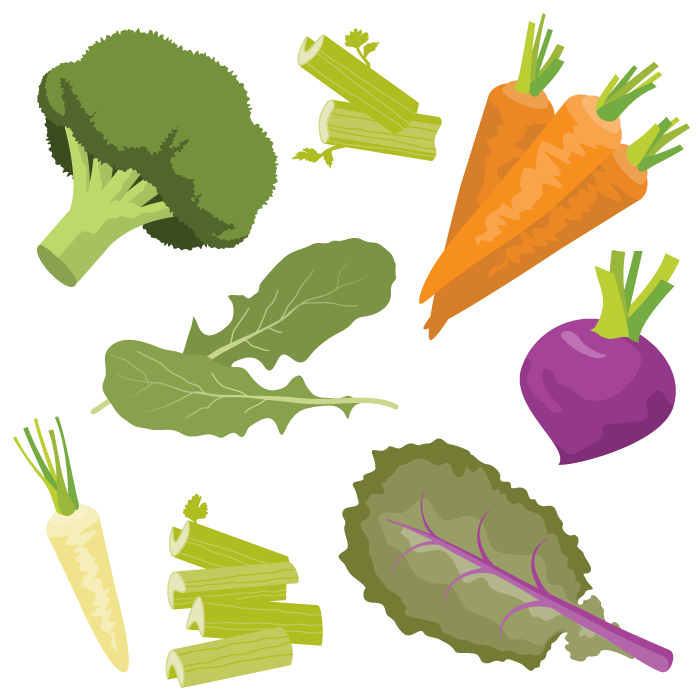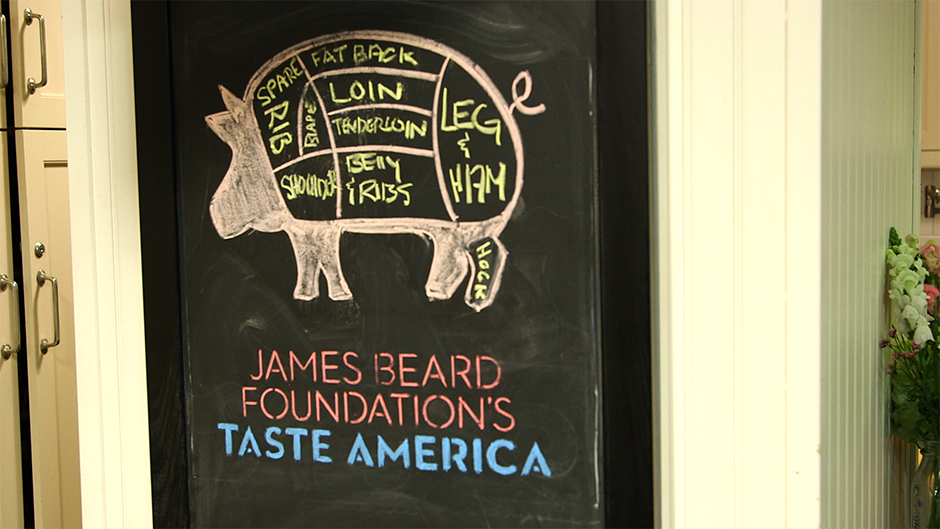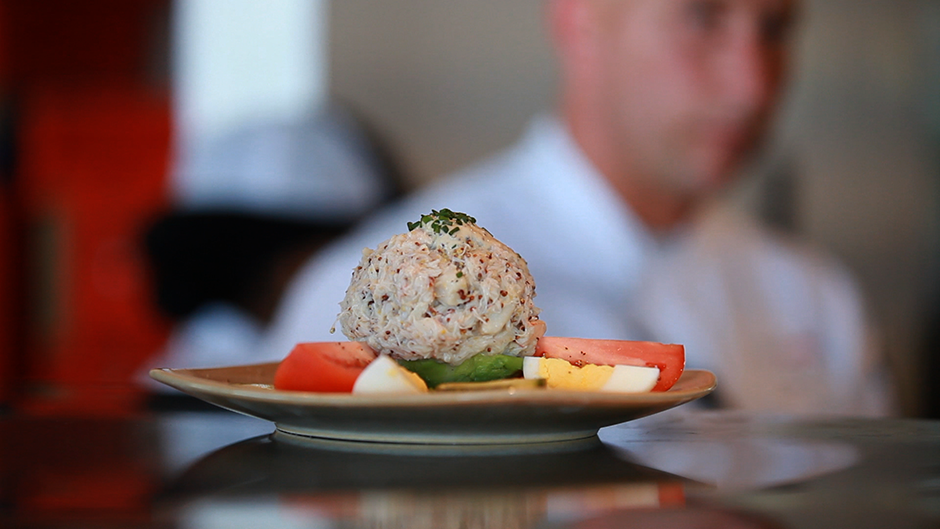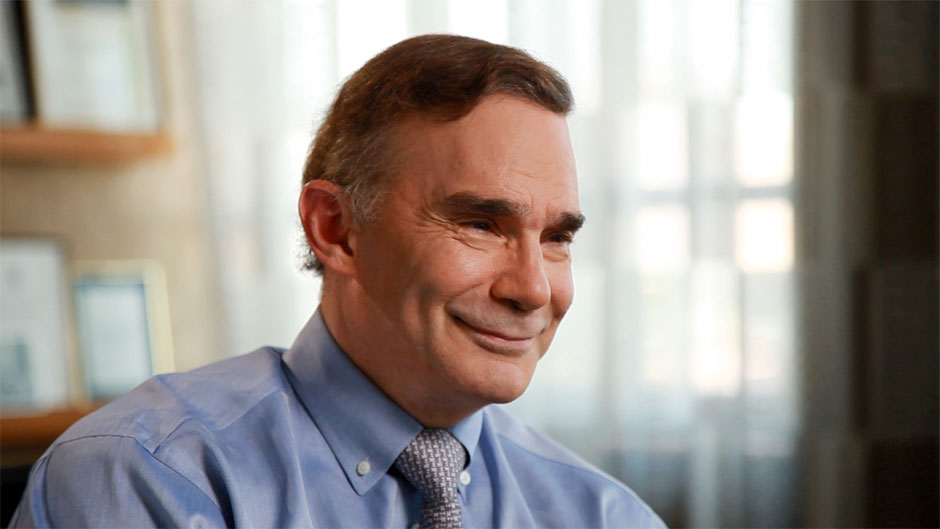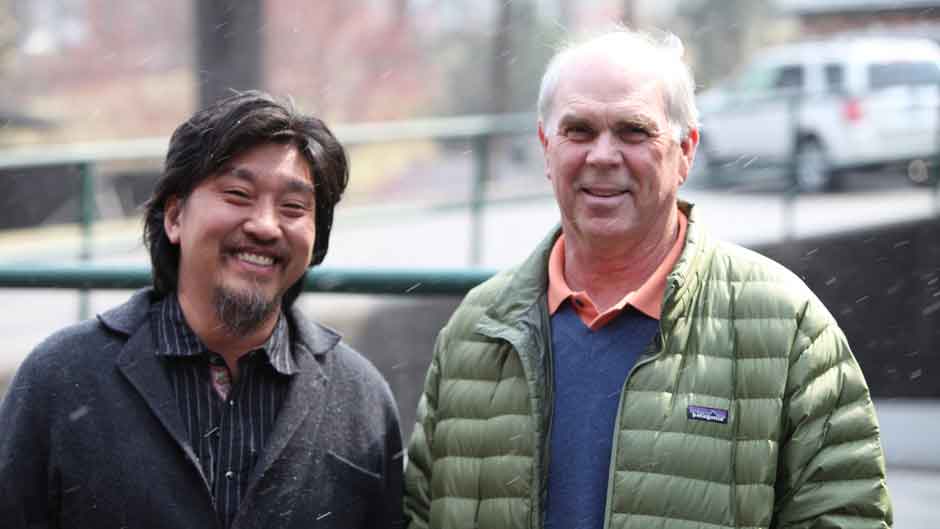We all heard it growing up, “You can’t leave the table until you eat your vegetables.” With a certain amount of clever childhood trickery we tried whatever we could to get away from that table without eating them. It’s a rite of passage growing up. There’s a notion built into every kid’s psyche that vegetables are, well, yucky.
I was no different as a child. I grew up loving all things carb and meat that my mom, a brilliant cook, would set before us every night. Beautiful pastas, gorgeous braises, roasted meats — I loved them all.

But then there were the curveballs. The chalky lima beans, the mushy green beans, the peas fresh from a can (I secretly still love these) and all the other odd-shaped, funny-looking, weird-colored little doo-dads that were getting in the way of me and my steak.
Despite getting older, I still avoided veggies until my early twenties, when I became a bright-eyed young cook in the Northwest. I was mesmerized watching the arrival of crates full of beautiful crimson lobster mushrooms, blackberries so fresh that they looked as though they would burst, and fiddleheads and nettles that invoked the emerald green of lush mountain foothills.
But alas, we continued to pair it all with fantastic proteins.
Recently I have been concentrating on finding my own cooking voice, and I found myself using nontraditional cuts of meat and offal. This practice is something that is beyond a trend at this point.
So when the time came for me to finally pursue my own dream of owning a restaurant and expressing myself in that capacity, what would my focus be?
The answer was quite simple.
I was cooking healthier at home, as heart disease is a real issue in my family. I needed to lose serious weight, and I turned to the garden for answers — doctor’s orders. The effects were dramatic; I had a clearer mind, lost 100 pounds, and became a happier soul. These were not coincidence; my life and my heart had changed.

Socially, from a sustainability perspective, the reality is that we can renew our produce crops — it is a fact. The same cannot be said, though, for animal proteins. That is a real food and species set that we can deplete and wipe out.
While I would it leave it to wiser folks to debate the fine points of the greater food discussion, that quick summary is my core belief.
So the answers were right there to the question, “What kind of restaurant would Alden & Harlow be?” I needed look no further than my mirror, my family, and my customers (all of whom I care for deeply). I’m honored to have an opportunity to showcase the beauty of what grows naturally in our region.
Will I abandon meat cookery? No. But I will eat my vegetables every day, and I will try and get you to eat them more, too.


